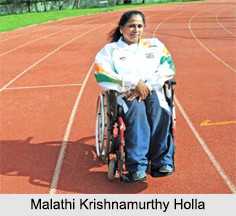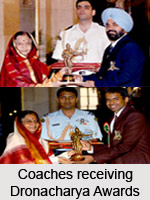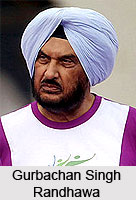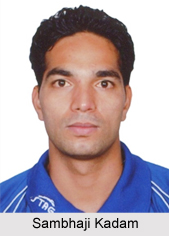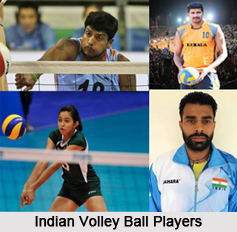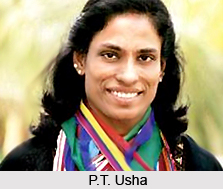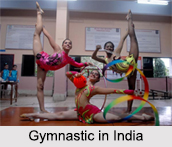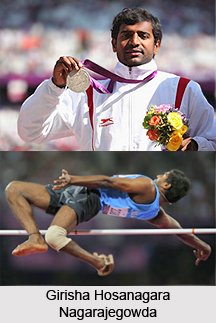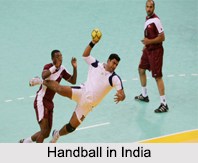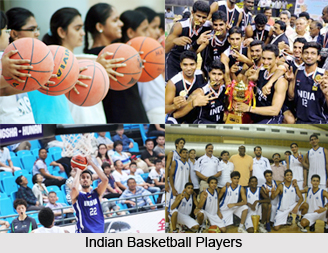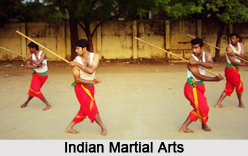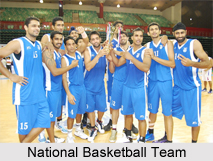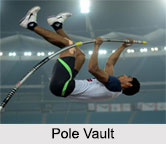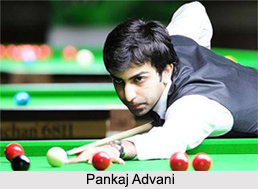 Indian Billiards players show from the early time with promising attitude by wining many accolades from the national, regional and international arena.
Indian Billiards players show from the early time with promising attitude by wining many accolades from the national, regional and international arena.
Indians have been playing billiards for several decades since the game`s introduction into the subcontinent in the early 20th century. India has produced numerous world class billiards players who have won several international trophies. India has produced more World Champions in Billiards than most of the other countries in the world.
The reign of the Indian Billiards players started in the year 1958, when Wilson Jones became the first Indian to win the coveted World Amateur Billiards Championship, held in Calcutta (Kolkata). He was the first ever World Champion for India in any sports. Jones` achievement was an early inspiration to Indian billiards players. During the 1960s and 1970s, Indian billiards players like Michael Ferreira, Geet Sethi etc. continued the tradition of Wilson Jones and became the world champions in Billiards.
India`s tradition of producing world champions in billiards continued in the recent era, with the advent of Pankaj Advani who won the World Championship in both the points` format and time format in 2005, held at Qawra, Malta. Apart from Advani, Rupesh Shah is another accomplished Indian billiards player.
Apart from the above mentioned Indian Billiards players, there are also several other talented players, who became successful in various international tournaments. Some of the most notable billiards players in India include Ashok Shandilya, Aditya Mehta, Alok Kumar, and many others, including women billiards players such as Aakanksha S. Thakur, Anuja Thakur and others.
Pankaj Advani
Pankaj Advani is hailing from Pune. He is an Indian professional player of English billiards and former professional snooker player. Government of India has bestowed several awards upon Pankaj Advani, with Arjuna Award in 2004, Rajiv Gandhi Khel Ratna in 2006, and Padma Shri in 2009.
Subhash Agarwal
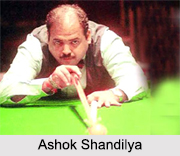 Subhash Agarwal is an Indian professional player and coach of English billiards and snooker. A National Snooker Champion of India, he was the runner-up in the 1983 amateur IBSF World Billiards Championship, losing to Michael Ferreira 2744–3933, and later won the event. He received the prestigious Arjuna Award in 1983. Agarwal is the coach of the Indian national billiards team, working with Pankaj Advani among others.
Subhash Agarwal is an Indian professional player and coach of English billiards and snooker. A National Snooker Champion of India, he was the runner-up in the 1983 amateur IBSF World Billiards Championship, losing to Michael Ferreira 2744–3933, and later won the event. He received the prestigious Arjuna Award in 1983. Agarwal is the coach of the Indian national billiards team, working with Pankaj Advani among others.
Michael Joseph Ferreira
Michael Ferreira is hailing from now Mumbai, Maharashtra. He is nicknamed as "the Bombay Tiger". He is notable amateur player of English billiards from India, and a three-time Amateur World Champion. Michael Ferreira participated in the Indian National Billiards Championship in 1960 for the first time, and in 1964 represented India in the World Amateur Billiards Championship (WABC) held in New Zealand, where he progressed to the semi-finals.
Chandrasinh Hirjee Jewraj
Chandrasinh Hirjee Jewraj was an Indian amateur billiards and snooker player. He represented Bengal and India in domestic and world championships.
Anuja Thakur
Anuja Thakur is an Indian amateur player of snooker and English billiards.
She won the WLBSA Ladies World Billiards Championship title in April 2005, and reached the semi-final at the 2006 IBSF World Snooker Championship in Amman, Jordan, where she was eliminated by In Wan-IP 4-2.
Geet Siriram Sethi
Geet Siriram Sethi is a professional player of English billiards who dominated the sport throughout much of the 1990s, and a notable amateur (ex-pro) snooker player.
Wilson Lionel Garton-Jones
Wilson Lionel Garton-Jones was a professional player of English billiards from India. Jones, a dominant national amateur champion for more than a decade, won the amateur world championship twice, in 1958 and 1964. He was awarded the Arjuna Award in 1963, the Padma Shri Award in 1965, and the Dronacharya Award in 1996.





